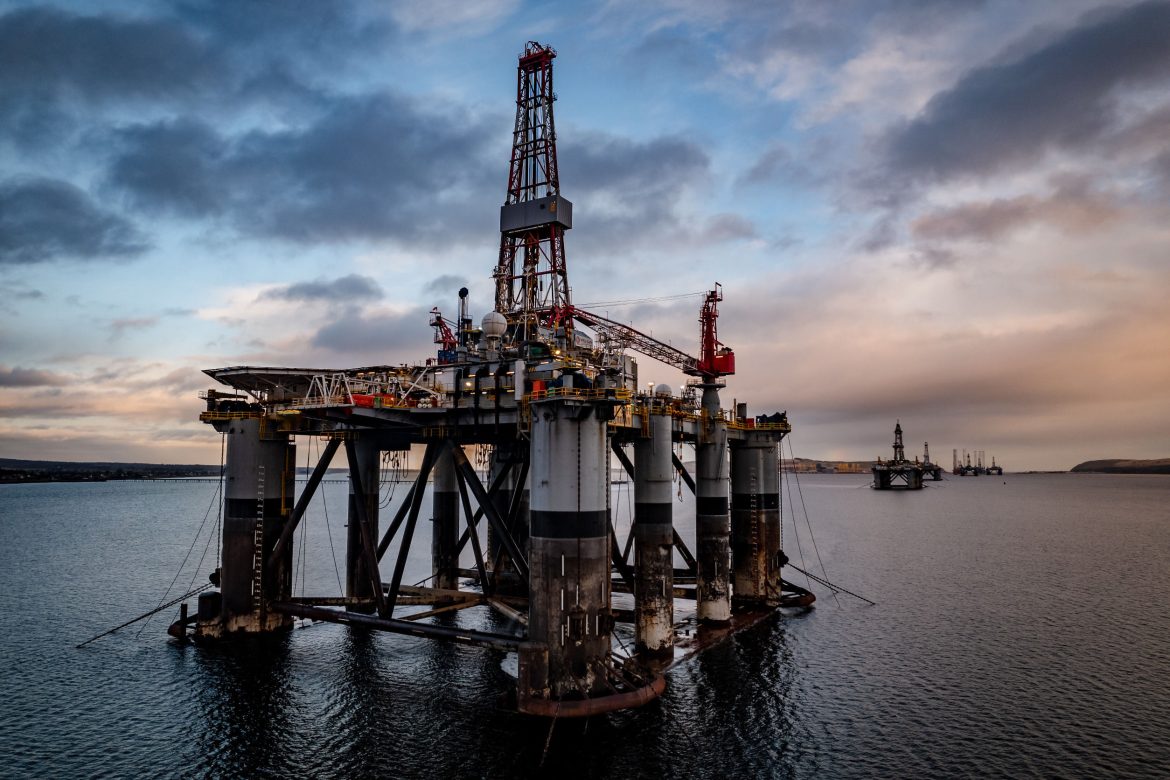Petrobras (PBR) stock price has moved sideways in the past few months as traders focused on the ongoing oil and gas volatility. Its American ADRs were trading at $15 on Tuesday, down by over 10% from its highest point this year, meaning that it is in a correction.
Petrobras’ shares have mirrored those of other large oil and gas companies. For example, Chevron shares have fallen by over 8.50% from the year-to-date high. Similarly, European oil giants like TotalEnergies, Shell, and BP have also dropped recently.
Crude oil volatility
Energy prices have been highly volatile in the past few months as investors focus on key catalysts. Brent, the global benchmark, has risen to $75.2 while the West Texas Intermediate (WTI) has jumped to $71.
Oil prices jumped as risks for escalation in the Middle East continued following Iran’s decision to strike Israel, which has vowed to retaliate. Analysts believe that the escalation will lead to supply shortages, especially if Israel hits Iran’s oil infrastructure.
Oil is also benefiting from the recent decision by Beijing to implement a large stimulus package as the economy slows. The implication is that the country could see substantial demand from the biggest consumer.
On the other hand, there are concerns about the rising supply, especially among non-OPEC members like Brazil, Canada, and the United States. There are also rumours that Saudi Arabia will start focusing on market share gains, which will lead to more supplies.
Petrobras, a large Brazilian oil and gas company, reacts to these dynamics, which explains why its stock has done well in the past few years as prices rose.
Petrobras earnings dynamics
Data by SeekingAlpha shows that Petrobras’s business has done well in the past few years as demand rose. Its revenue rose from over $65.6 billion in 2019 to over $121 billion in 2022 as energy prices surged.
Petrobras revenue then dropped to $105.5 billion while the trailing twelve-month (TTM) one dropped to $89.2 billion.
Petrobras is also one of the most profitable companies in the industry. Its TTM net income was $14 billion, while its 2022 profit was $35.6 billion.
The most recent results showed that Petrobras revenues came in at $23.46 billion in the second quarter, an increase from $22.9 billion. Its half-year revenue of $47 billion was lower than the $49 billion it made last year.
Petrobras’s earnings before interest, tax, depreciation, and amortization (EBITDA) was $9.6 billion, down from $11 billion in the same period in 2023.
As in the past, most of Petrobras’ revenue came from diesel, gasoline, jet fuel, and liquified natural gas.
Analysts expect that its business will continue seeing substantial headwinds this year as the energy sector volatility continues. Its annual revenue is expected to be $92.2 billion, a 10% drop from last year followed by $88.58 billion in 2025.
Read more: Invest in Petrobras stock for a 60% net return in 12 months: analyst says
Cheap company with strong payouts
Petrobras often trades at a discount to its peers. Data shows that the company has a forward price-to-earnings ratio of 6.2, lower than the sector median of 12. Its forward non-GAAP PE ratio of 4.63 is lower than the industry median of 11.4.
Chevron, the second-biggest oil and gas company in the US, has multiples of 13.6 and 13.3, respectively. Similarly, ExxonMobil’s multiples are above 13.
Historically, American oil companies often trade at a big premium to other firms, including European ones like Total and Shell.
Petrobras’s cheaper valuation is mostly because of the challenges it has gone through in the past few years. Most notably, investors don’t like the regular CEO transitions. It has had 10 CEOs since 2010, almost CEO per year.
In contrast, companies like ExxonMobil and Chevron have each had two CEOs in the same period. Exxon’s last CEO, Rex Tillerson, stepped down to become the Secretary of State.
Petrobras is a good dividend company, with plans to pay R$13.6 billion in November and December. This will be a welcome move after the company slashed payouts in April.
Petrobras stock price analysis
PBR chart by TradingView
The daily chart shows that the Petrobras share price peaked at $16.53 in May and has dropped by over 10% to the current $14.78.
It is oscillating at the 50-day and 100-day moving averages and is slightly above the 23.6% Fibonacci Retracement point.
Most importantly, the stock has formed a diamond chart pattern, which is shown in green. In most periods, this is usually a bearish reversal sign, especially when the two lines move to their confluence level.
The MACD indicator has formed a bearish divergence pattern, with the two lines nearing the zero line. Similarly, the Relative Strength Index (RSI) has moved slightly below the neutral point at 50.
Therefore, the stock will likely have a bearish breakout in the coming weeks. If this happens, the next point to watch will be the 38.2% retracement point at $12.37.
The post Red alert as the Petrobras forms the risky diamond pattern appeared first on Invezz

